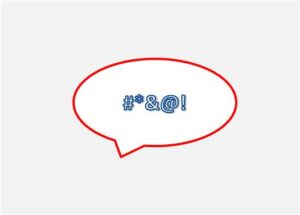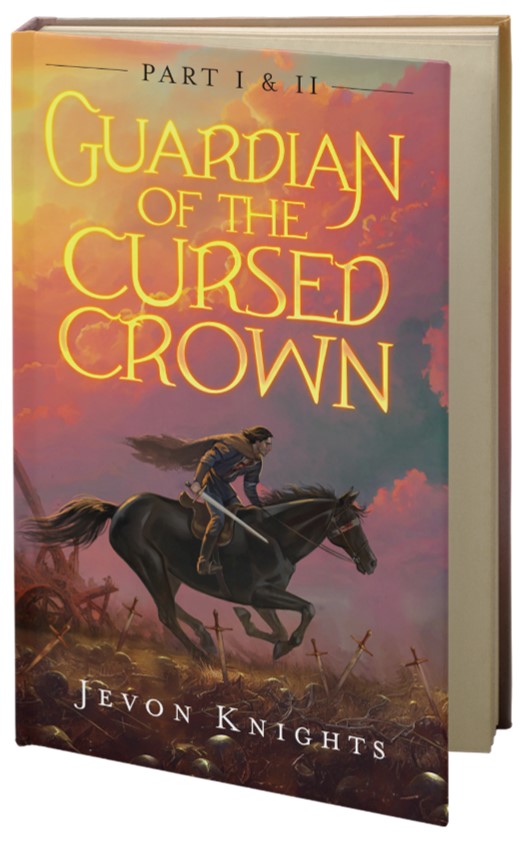
It finally happened, that point in every writer’s life when they must pause and decide if profanity should appear in their writing.
Profanity, swear words, curse words, words with meanings that change depending on the context, used in anger or ecstasy or just plain rudeness. Words a little stronger than bitch or ass, although depending on your opinion they might fall under the category.
Originally I had decided not to, as books I enjoy like Warhammer and the Hobbit don’t, and I was aiming for something similar. But then one of my characters experienced a situation where it just felt natural to say it. According to my editor Jesse, I need to make clear that the novel writes like this from the start so my audience would be aware.
It makes sense. Awesome novels like Joe Abercrombie’s The First Law trilogy, and George Martin’s now infamous Song of Ice and Fire series are permeated with profanity, and it’s clear from the very first chapter.
But then there are those in the middle, great novels like Robert Charles’s Spin series that break the rules by sprinkling profanity across hundreds of pages, and in Cixin Liu’s sci-fi masterpiece The Three-Body Problem you will come across the first of only five strong swear words several chapters into the story.
When we also consider kickass anime series like Attack on Titan, and Neon Genesis Evangelion, there’re a handful of times the characters actually swear. Even though cartoons, something traditionally created for children, these anime (and anime in general) can deal with heavy, controversial themes.
So what it really boils down to is identifying who my audience is.
The Spin novels were not written for children. The first book is a thought provoking journey of a man’s love for a woman while enduring the Earth’s existence through hundreds of thousands of years. Similarly, The Three-Body Problem is not for the impatience of teenagers, packed with the most amazing science fiction I’ve ever read, and seen, while humanity figures out how to overcome an ultra-advanced alien society’s invasion. I myself admit that I could not I have read this book in my action-craving teenage years.
And anime is notorious for gory, sexually explicit scenes, even if the story involves giant robots operated by children. Normally parents would review first before allowing the kids to watch.
I know that I’m not writing for young adults, so I don’t expect any children or teenagers to ever come across my work. I’ve decided to join the rule-breaking authors and sprinkle it in, only when the situation demands the weight involved in natural conflict.
Now it’s just to observe how my audience will react to it.
 Knights Writes
Knights Writes
Hmmmmm. Thats a big decision. Ive read all those types and you are right. The author uses it depending on his or her audience, what type of sory and character portrayed and i suppose also just their personal and spiritual preference. Your book will attact the right audience for the type of genre you are writing about so no worries there. Personally i hope it will only be put in as humanly necessary and does not become overloaded with explicit exclamations. That changes a character as well , their personality and therefore the tone of the book changes. Write on Mr. Knights. Looking forward to the end product.
Thanks Gina. And no, it will not be overloaded.
Never knew you were a fan of Evangelion! Oh, the conversations!
Indeed, profanity has it’s place, whether like Stephen King where people talk as in life, or to really emphasize a moment. Cool to read your progress, dude!
Thanks. Evangelion is awesome until that last episode.